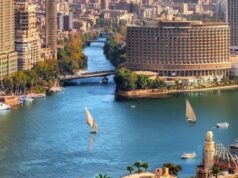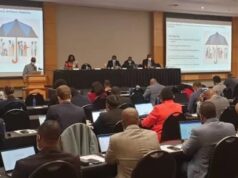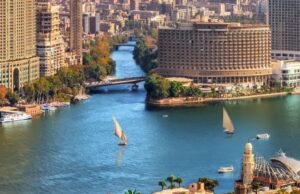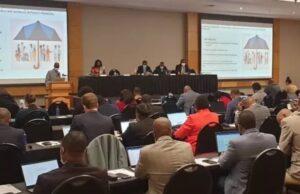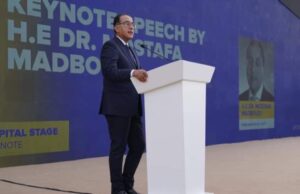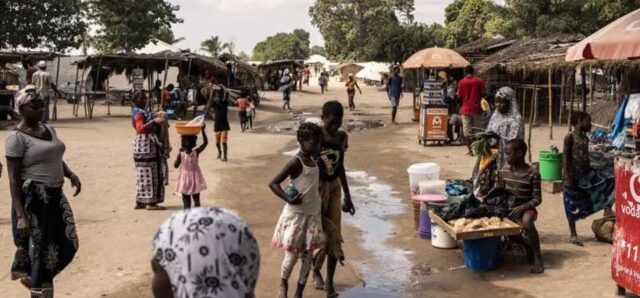
(3 Minutes Read)
A recent study carried out by researcher Isel Ras, of the South African Institute for Security Studies (ISS Africa), correlates Mozambique’s debt crisis to violence in Cabo Delgado in recent years
A recent study carried out by researcher Isel Ras, of the South African Institute for Security Studies (ISS Africa), correlates Mozambique’s debt crisis to violence in Cabo Delgado in recent years.The study reveals that following the hidden debt scandals, there was a significant decrease in government healthcare expenditure that led to diminished resource allocation in critical sectors. That had adversely affected the access to necessities and eroded citizens’ trust in the state.
The hidden debt scandal, as it became known, concerns loans taken out in 2014 by public companies without the knowledge of parliament, financial institutions, and international donors, which ended up not being used for the purposes for which they were intended, namely the purchase of a fleet of speedboats to patrol the coast of Mozambique.
This, the study argues, that this had plunged the country into a financial crisis. Donors cut funding, rating agencies placed the country in default and Mozambique’s international reputation was seriously damaged. With trials in several jurisdictions still ongoing, the case is still unresolved, as investors and Mozambican authorities both say they were harmed and demand compensation.
Read Also:
https://trendsnafrica.com/sa-constructs-usd-2-7-million-concrete-wall-on-its-mozambique-border/
Mozambique’s public debt to GDP ratio rose from 64.3% in 2014 to 126.2% in 2016, with hidden loans taken into account, and then improved to around 90% at the end of last year. But remains one of the highest in Africa, which makes the cost of external loans more expensive and takes away essential budgetary space for manoeuvre to encourage economic development.



